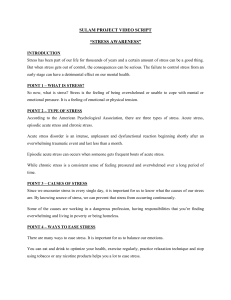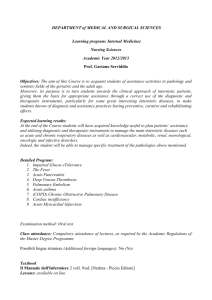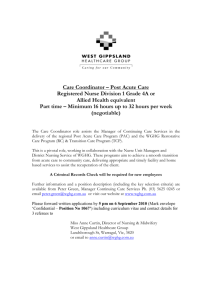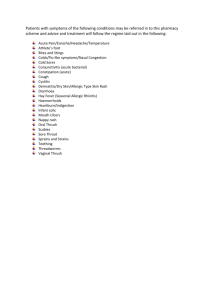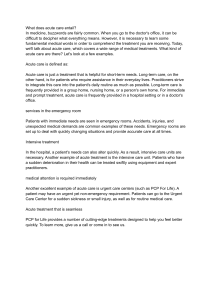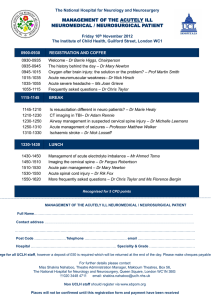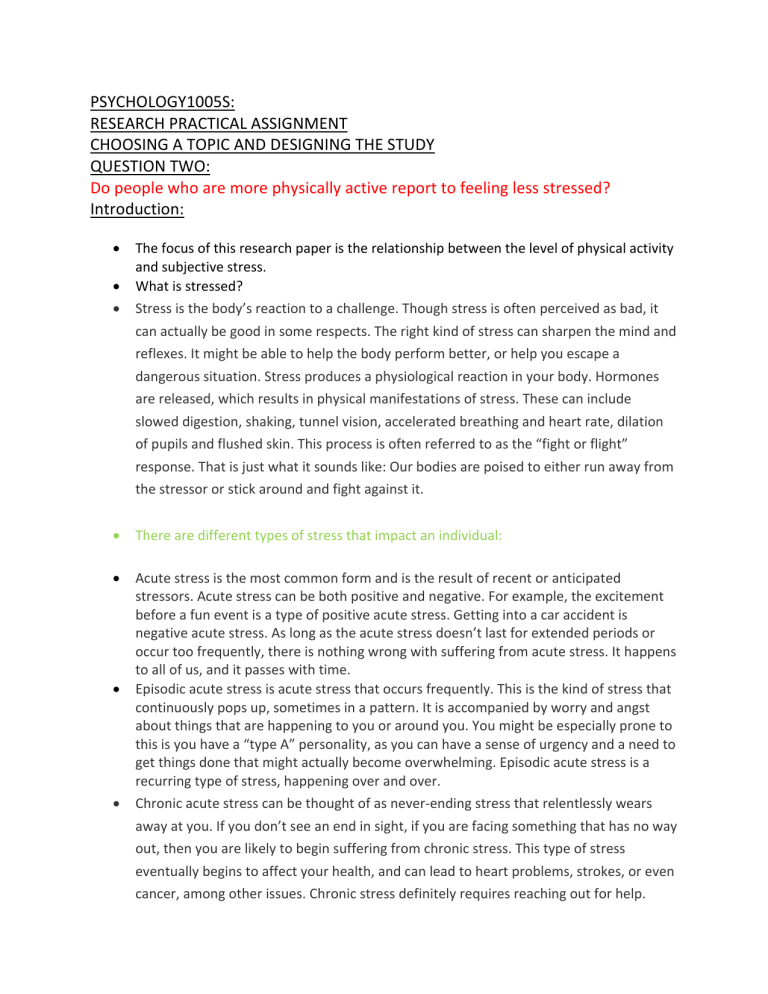
PSYCHOLOGY1005S: RESEARCH PRACTICAL ASSIGNMENT CHOOSING A TOPIC AND DESIGNING THE STUDY QUESTION TWO: Do people who are more physically active report to feeling less stressed? Introduction: • • • The focus of this research paper is the relationship between the level of physical activity and subjective stress. What is stressed? Stress is the body’s reaction to a challenge. Though stress is often perceived as bad, it can actually be good in some respects. The right kind of stress can sharpen the mind and reflexes. It might be able to help the body perform better, or help you escape a dangerous situation. Stress produces a physiological reaction in your body. Hormones are released, which results in physical manifestations of stress. These can include slowed digestion, shaking, tunnel vision, accelerated breathing and heart rate, dilation of pupils and flushed skin. This process is often referred to as the “fight or flight” response. That is just what it sounds like: Our bodies are poised to either run away from the stressor or stick around and fight against it. • There are different types of stress that impact an individual: • Acute stress is the most common form and is the result of recent or anticipated stressors. Acute stress can be both positive and negative. For example, the excitement before a fun event is a type of positive acute stress. Getting into a car accident is negative acute stress. As long as the acute stress doesn’t last for extended periods or occur too frequently, there is nothing wrong with suffering from acute stress. It happens to all of us, and it passes with time. Episodic acute stress is acute stress that occurs frequently. This is the kind of stress that continuously pops up, sometimes in a pattern. It is accompanied by worry and angst about things that are happening to you or around you. You might be especially prone to this is you have a “type A” personality, as you can have a sense of urgency and a need to get things done that might actually become overwhelming. Episodic acute stress is a recurring type of stress, happening over and over. Chronic acute stress can be thought of as never-ending stress that relentlessly wears away at you. If you don’t see an end in sight, if you are facing something that has no way out, then you are likely to begin suffering from chronic stress. This type of stress eventually begins to affect your health, and can lead to heart problems, strokes, or even cancer, among other issues. Chronic stress definitely requires reaching out for help. • •
